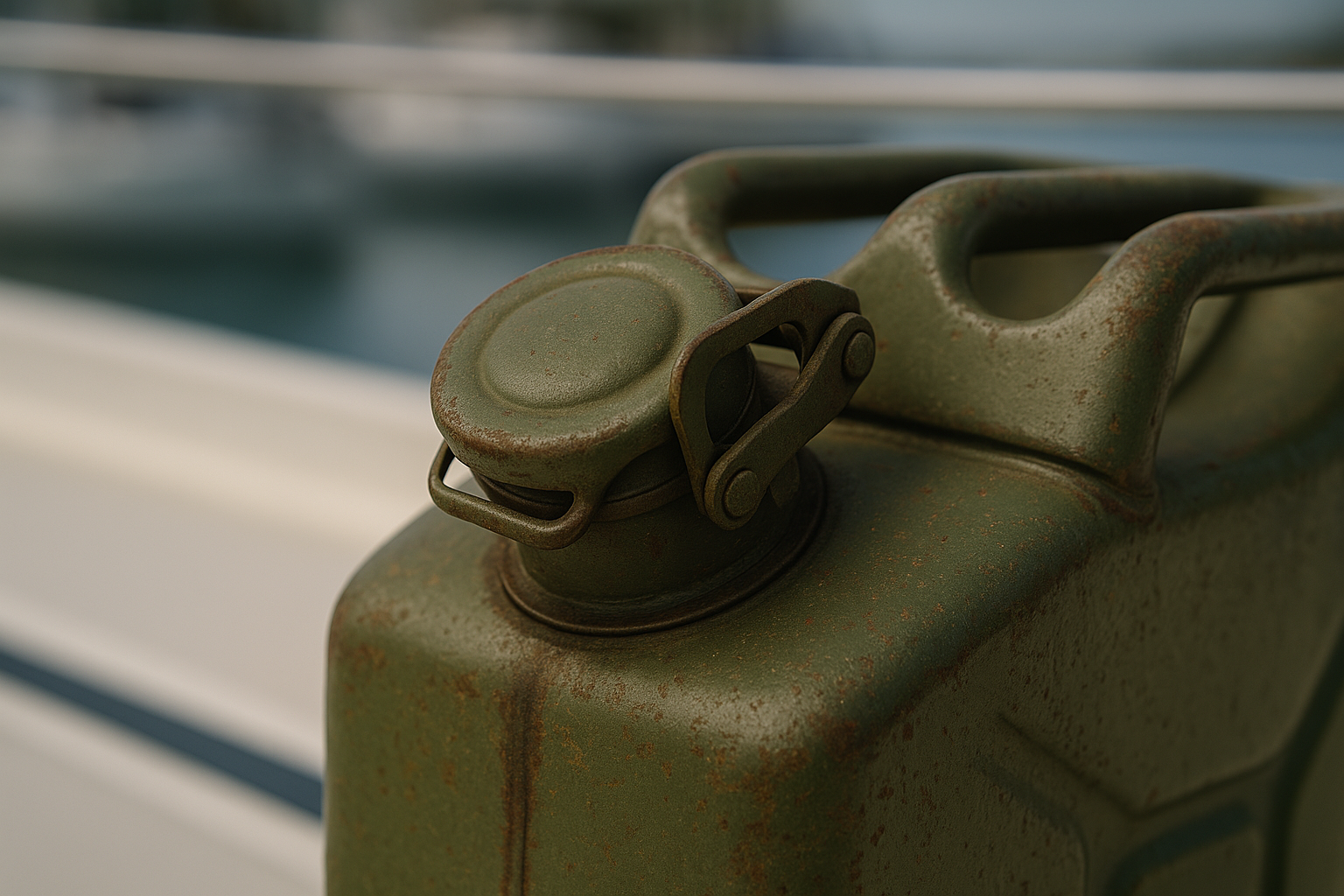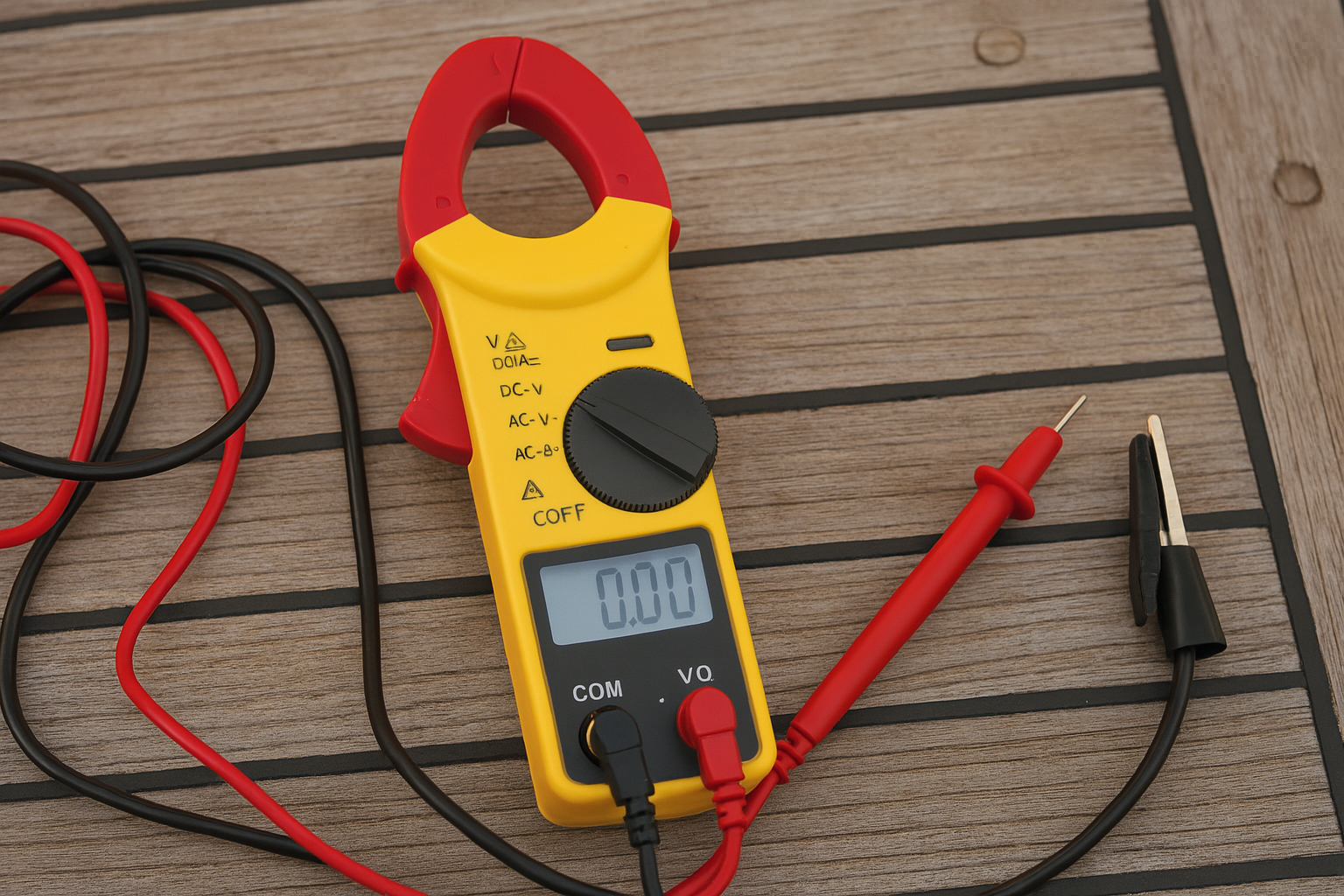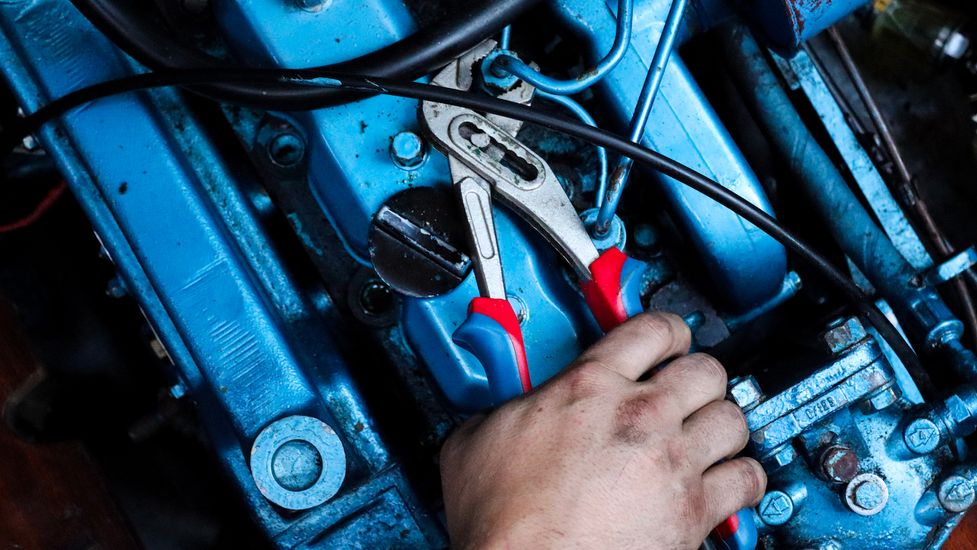Last week I was invited to spend time aboard Southern Comfort, our Southerly 42 RST (currently listed on our website) as she cruised through the Ionian with owner/skipper Peter Coxon and a crew of five.
As every sailor knows, there’s always something to fix on a boat — and this trip was no exception. Nothing major, but who needs an excuse to get the toolkit out and apply some troubleshooting logic to a mysterious noise or an electrical trip-out?
It reminded me that Peter and I have a knack for finding the simplest solution by way of the most complicated route — complete with tangents and red herrings. It’s a running joke between us. And it’s exactly when we’re forced to apply a bit of philosophy: Occam’s Razor.
What Is Occam’s Razor?
Occam’s Razor is a way of thinking that comes from a 14th-century English philosopher named William of Ockham. He believed that when you’re faced with a problem, the simplest explanation is usually the right one.
What he actually said was:
“Entities are not to be multiplied without necessity.”
In plain terms: don’t overcomplicate things.
Ockham was never a sailor, but he would’ve made a great first mate.

Why Occam’s Razor Belongs on Boats
Boats love drama. A strange sound, a drip of water, a flickering light — and suddenly we assume the worst.
But most of the time, it’s just something small:
- A loose wire
- A blocked drain
- A switch knocked accidentally
Occam’s Razor reminds us not to panic or overthink it. Start with the basics.
It sounds simple — but at sea, when stress runs high, the mind often skips over the obvious in favour of the catastrophic.
Here’s a perfect example.
The Mysterious “Fuel Leak” That Wasn’t
A sailor I knew once pulled into port, worried sick. After filling the diesel tank, there was a strong smell of fuel in the cockpit — especially near the aft locker.
First assumption? A fuel leak. Possibly in the tank or lines. Serious, potentially dangerous.
We opened lockers, checked the bilge, ran our hands over every hose and fitting. Nothing. No drips, no damp patches. Just that stubborn smell.
Then we found it.
An old jerry can, half full of diesel and missing its lid — left in the cockpit locker after a coastal hop weeks earlier. The fuel hadn’t leaked; it had simply evaporated inside the locker and built up over time, especially in the sun.
Lid on. Locker aired. Smell gone.
No leak. Just a forgotten can of diesel.

Troubleshooting a Boat Problem – The Occam’s Razor Way
1. Stop and Think — Don’t Panic
Take a breath. Most problems aren’t emergencies. Think it through before pulling panels or phoning a mechanic.
2. Check the Obvious First
Start with what’s most likely:
- Is the power switch on?
- Has a breaker tripped?
- Is there fuel in the tank?
- Is something loose, blocked, or disconnected?
3. Ask: What Changed?
Did you recently service or move anything? Problems often follow changes.
4. Rule Out Simple Variables One by One
Try a different fuse. Wiggle a cable. Use elimination to narrow it down.

5. Don’t Jump to Complex Conclusions
Don’t assume structural damage or major failure until you’ve ruled out the basics.
6. Use Your Senses
- Look for corrosion, leaks, or burnt wires
- Listen for new or unusual noises
- Smell for fuel, burning, damp
- Touch for vibration, heat, or movement
7. Get a Second Opinion
Another pair of eyes can spot what you missed. Ask a crewmate, friend, or boatyard tech.
8. Learn From It
Solved it? Great. Make a note. The more you learn your boat’s quirks, the faster you’ll catch the next thing.

